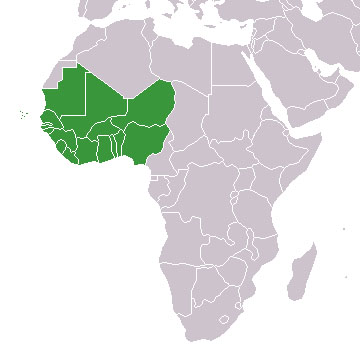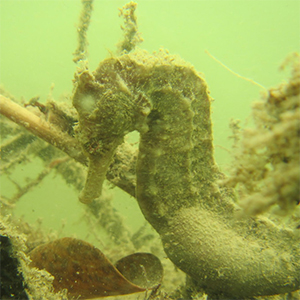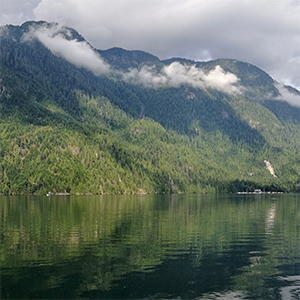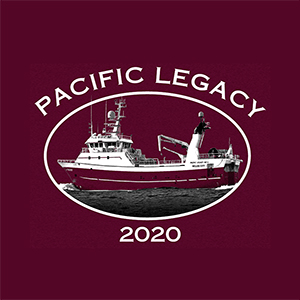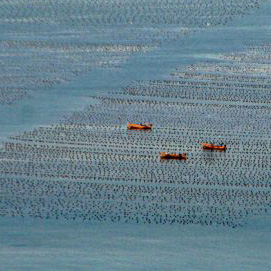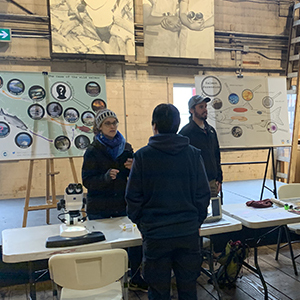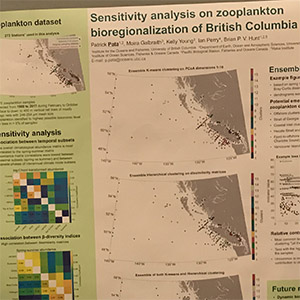IOF student award winners
Announcing winners of Brian Jessop Graduate Award, Lawrence Edward Hassell Graduate Field Research Award, COSMOS International Graduate Travel Award, and Cecil and Kathleen Morrow Scholarship, respectively.
FCRR – Assessments of marine fisheries resources in West Africa with emphasis on small pelagics
From a training course entitled “Utilisation de la méthode CMSY pour l’évaluation des stocks ouest-africains” held in September 23-27 2019 in Dakar, Senegal.
Solidarity with all people protesting police violence in Canada and the US
The Institute for Oceans and Fisheries is proud to stand in solidarity with UBC’s Black Student Union and all people protesting police violence against Black people in Canada and the United States.
FCRR – The catch and trade of seahorses in India pre-ban
This FCRR report documents the first seahorse trade surveys and analyses conducted by Project Seahorse in India, in 1999.
Mapping the evolution of coastal waters in Metro Vancouver: The Burrard Inlet
How did the Burrard Inlet look like in the past, compared to how it is now? What were the fishing, food source, and maritime resources there, and how did this habitat change over time?
Gulf of Alaska 2020 Expedition update
A second research expedition to study the winter ecology of salmon in the Gulf of Alaska is underway.
Women in Science 2020 – Vanessa Fladmark
The only thing stopping you is you: once you get out of your own way an entire universe of possibilities opens up.
Salmon Science Expo
Pelagic Ecosystems Lab researchers engage with community at Gulf of Georgia Cannery
Ph.D. student Patrick Pata wins at PICES
He won best poster for his poster entitled “Sensitivity analysis on zooplankton bioregionalization of British Columbia.”

